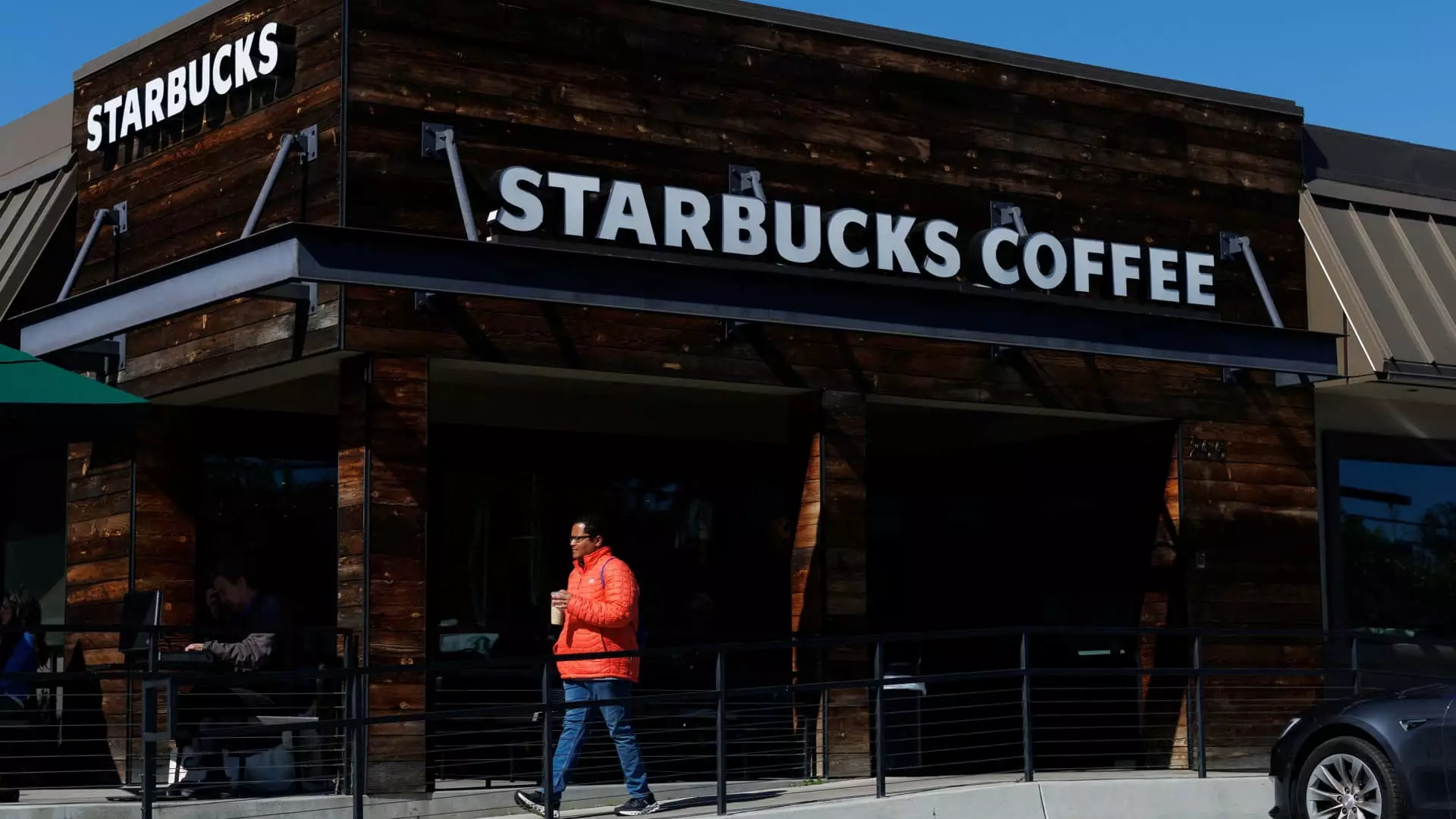5 Shocking Reasons Why Restaurant Stocks Are Plummeting Amid Recession Fears

The latest dive in restaurant stocks serves as a glaring reminder of the fragility lurking beneath the surface of the U.S. economy. This week, investors have reacted in panic, as fear of impending recession permeates the market landscape. It’s no secret that the current political climate, characterized by President Trump’s recent moves to impose high tariffs on essential imports, is sending shockwaves throughout various sectors, including the food industry. These tariffs are not expected to directly impact the majority of restaurant chains; however, the anticipated inflation and consumer spending constraints paint a troubling picture for the future of dining establishments across the nation. The chokehold on consumer wallets is growing tighter, and the ripple effect is becoming unignorable.
The Tariff Avalanche: What’s at Stake?
Forcing through high tariffs on imports from key trading partners may seem like a strategic move to bolster U.S. production. Still, the immediate impact on critical commodities—like coffee, an essential ingredient for many restaurants and cafés—could have a long-term detrimental effect. Analysts like UBS’s Dennis Geiger have signified that while the direct costs may remain bearable for eateries, the overarching threat lies in diminished consumer spending power and dwindling industry demand. This economic scenario feels eerily reminiscent of past downturns, where increased operational costs forced many establishments to choose between raising prices and sacrificing profitability, ultimately affecting their bottom line.
Starbucks: A Case Study in Caution
Starbucks, the coffee titan that many assumed would be shielded from economic downturns, finds itself in turbulent waters. With a stock price that has declined nearly 20% since Trump’s tariff announcement, the coffee chain grapples with a trifecta of challenges: inflated ingredient costs, declining international sales, and the isolating effects of any rising anti-American sentiment. The response from investors reflects a broader concern that even established brands may not be immune to the economic fluctuations fueled by geopolitical tensions.
Once a byword for resilience in the fast-paced business of dining, Starbucks now appears vulnerable. Analysts have warned that while some upscale brands might remain unaffected, the risks are too significant to negate. The erosion of consumer confidence and fervor, particularly among middle-class consumers who often frequent premium coffee shops, may become glaringly evident in upcoming revenue reports.
Fast-Casual and Fast Food: Not Bulletproof
As the marketplace shifts, casual dining and fast-casual chains also suffered significant stock drops. Dine Brands—owner of popular spots like Applebee’s and IHOP—saw a near 3% decline. Fast-casual brands, once idolized by investors for their projected growth, witnessed similarly bleak numbers. Chipotle, Sweetgreen, and Wingstop all took hits to their stock prices. The sobering reality is that no segment of the restaurant industry is shielded from the pervasive fear of an economic decline.
Fast-food outlets, historically seen as a safety net for consumers during economic downturns, may face a surprising turn. Last year’s sluggish consumer spending showed fast-food chains experiencing an unusual slump—serving as a stark reminder that even budget-friendly options can lose their luster if consumers feel insecure about their financial futures. The result? A shift in patron habits where low-income diners cut back, while higher-income patrons indulge as if nothing has changed.
Survivors Amidst the Storm?
Despite the gloomy outlook for the restaurant industry, a few stocks have managed to buck the trend. Fast-growing entities like Dutch Bros. and Cava have seen their fortunes rise, with Dutch Bros knocking it out of the park with a 4% gain recently. Such anomalies serve as a beacon of hope amid an otherwise grim scenario. It begs the question: can agility and innovation support some brands through this turmoil?
Ultimately, the questions surrounding the health of restaurant stocks do not just come from tariff-based tariffs or simple consumer behavior. Instead, they point to a deeper concern—a sustained loss of consumer confidence impacting all businesses. As we tread uncertain economic waters, the question remains: which restaurant chains will adapt, innovate, and survive the tumultuous tides ahead? The market is watching, and so are we.





